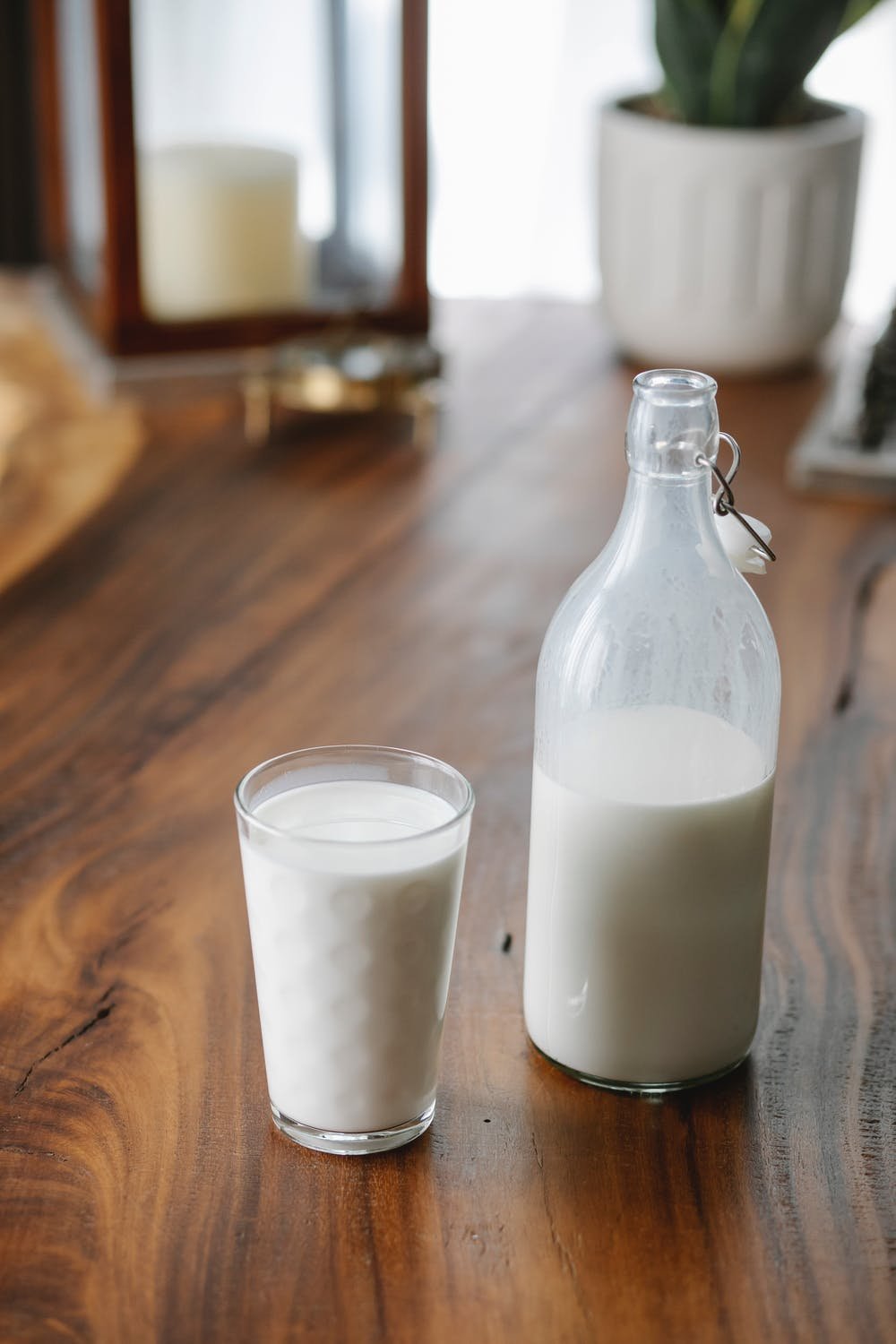Mylk or Milk?
Cow’s milk once dominated the milk market but now there are so many different plant based milk alternatives or “mylks” like soy, oat, almond and more - which leads to debate around which is better. Some people will chose mylk as an ethical choice, but what about nutritionally?
Photo by Charlotte May on Pexels
What are the calcium levels? Cows milk is naturally high in calcium, but plant based milks are not. To combat this most brands add calcium - this is known as fortification. Purists might think that adding to mylk is bad, but fortification is a common method of adding essential nutrients to foods that we commonly eat.
Most people know that calcium is super important bones and teeth, but its also important for nerve and muscle function, and blood clotting. Milk is one of the major sources of calcium in the western diet, so unless you are eating lots of non-dairy sources of calcium like seeds, fish with edible bones, tofu, beans and lentils, you probably want to make sure you have the highest calcium options in your milk alternatives?
What’s the deal with protein? Cows milk is a source of high quality protein. High quality proteins are ones that have all or most of the essential amino acids (which are the building blocks of proteins). Plant sources of milk isn’t as high quality (which doesn’t mean its bad it just has fewer essential amino acids) and there isn’t as much protein over all.
That might sound like a bad thing, but most of us eat plenty of protein, and you don’t need all your foods to contain all your amino acids - if we eat an assortment of foods throughout the day we can assemble all our amino acids from diverse sources (completeness is important for mammals who are only drinking milk though, that’s why cows milk, human milk and baby formula are all high quality protein sources.
Other differences? Sure, the number and level of nutrients varies between each milk or mylk type, but that’s fine! We don’t (or at least shouldn’t) agonize between eating and apple or an orange, so we don’t need to agonize over almond vs soy milk.
For some people it will depend on use. Almond milk might curdle in some coffees, oat milk might foam better, you might have preferences for cooking, that are different to drinking or cereal.
The bottom line? Yes, there is lots of contested ground and debates around milk vs mylk with big health claims on both sides - but ultimately it comes down to personal choice and how milk/mylk fits into the rest of your diet in context.

